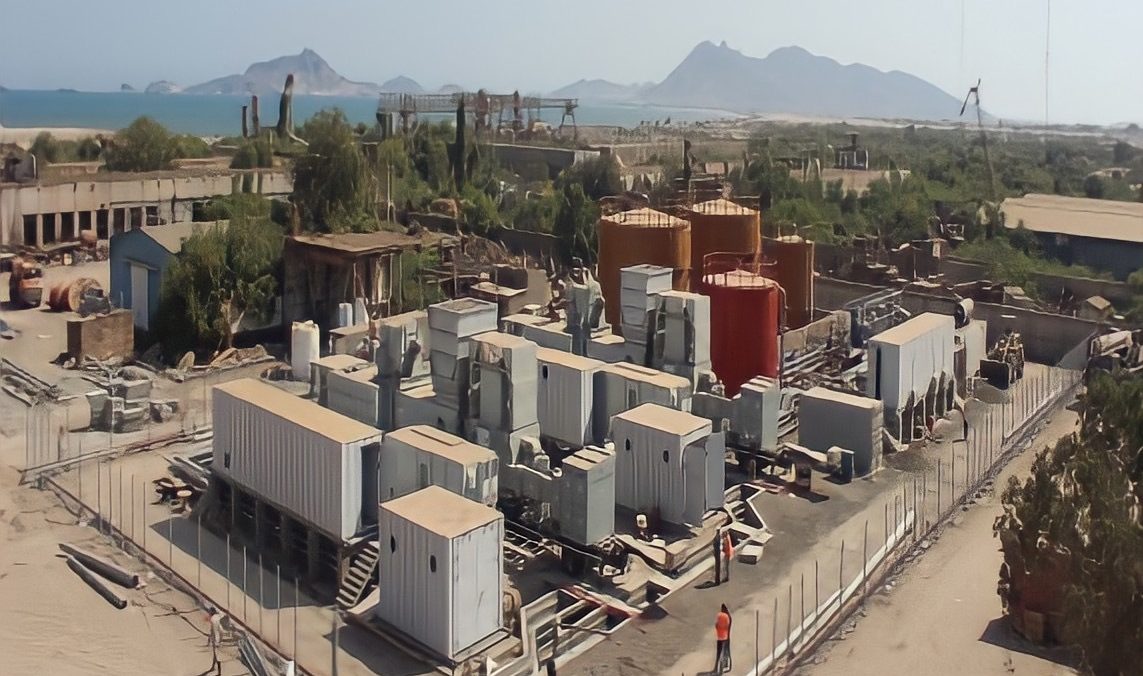Solar power became the main source of energy for many parts of Yemen, enabling hospitals and schools to continue to operate.
The Qatar Fund for Development (QFFD) announced on Tuesday the start of rehabilitation work at Yemen’s Al Hiswa Power Plant to provide the crisis-hit country with much-needed electricity.
“The project came with the effort of providing Aden with two mobile power units with a capacity of 61 MW and training Yemeni cadres to operate and maintain these units,” said QFFD in its announcement.
QFFD said the project dates back to 2017 and comes as part of efforts to provide the war-torn country with power, where only 41.7% of Yemen’s population have access to an electricity network.
“This step comes within the scope of the State of Qatar’s vital and effective role in supporting the Yemeni people in the fields of development…as well as to alleviate the suffering of the people in Aden from frequent electricity cuts and rising temperatures especially during summer,” said QFFD.
The station in Aden, Yemen’s temporary capital, stopped operating due to maintenance issues.
World’s worst humanitarian crisis
Since 2015, Yemen has been a battleground between the Iran-backed Houthi rebels and the Saudi-led coalition. More than seven years of war has left Yemen’s infrastructure in tatters, with the UN describing it as the world’s worst humanitarian crisis.
An extended ceasefire was announced last month after global calls to end the war. The truce initially came into effect on 2 April for two months before it was extended until 2 August.
The ceasefire led to a significant drop in civilian casualties, though several breaches were reported in various areas.
The war has destroyed Yemen’s infrastructure, leaving a large number of its population unable to access basic resources.
The ceasefire was a crucial step in allowing the flow of oil and much-needed goods into the country, especially after Saudi Arabia imposed an air and sea blockade in 2015. Since then, solar power has became the main source of energy, enabling hospitals and schools to continue to operate.
The truce stipulated the establishment of two weekly commercial flights between Sanaa, Amman, and Cairo. Additionally, one provision of the truce allowed 18 fuel vessels to enter the Houthi-controlled port of Hodeida.
On Monday, the UN Security Council urged warring parties in Yemen to “intensify negotiations towards expanding their historic truce”.
The UN said that more than 14 million people in Yemen, 80% of the population, are in acute need of humanitarian assistance. The war has also displaced more than three million people.







